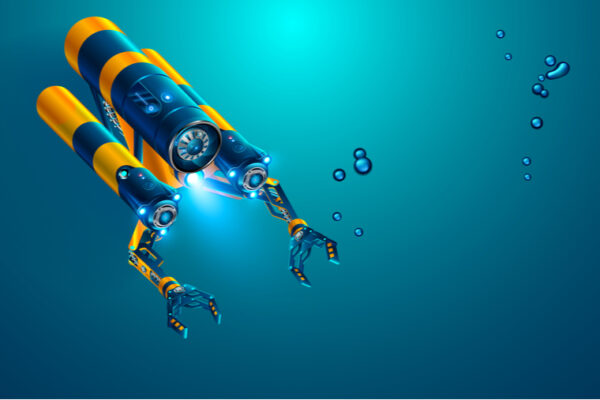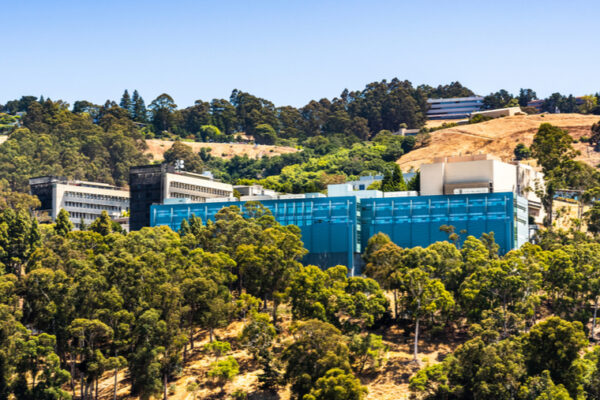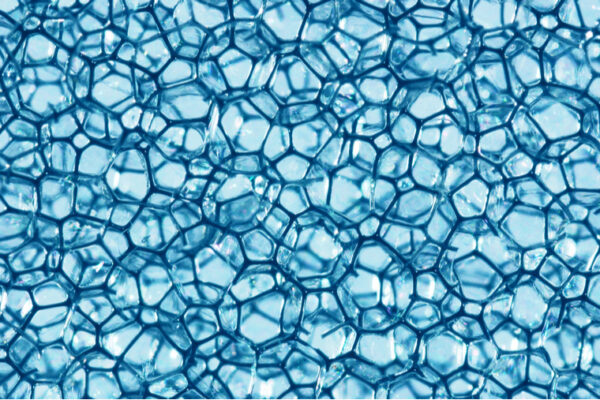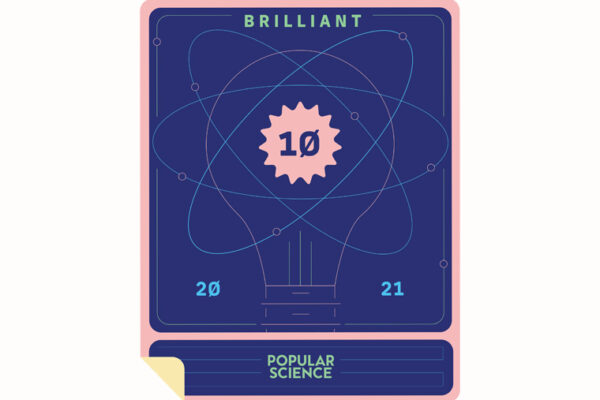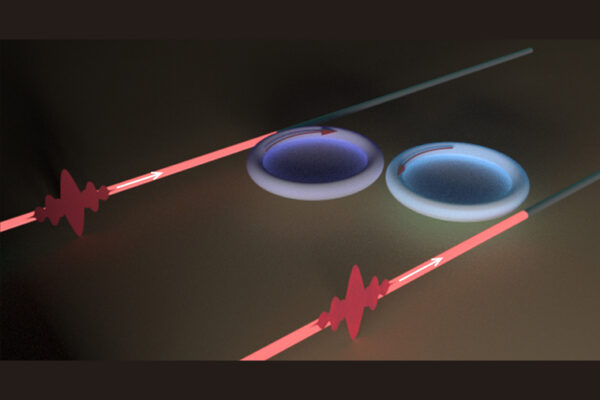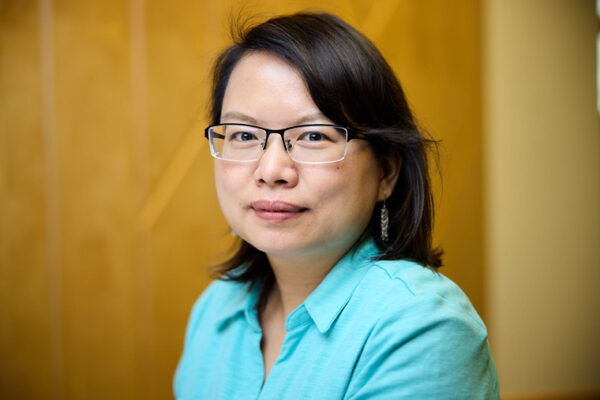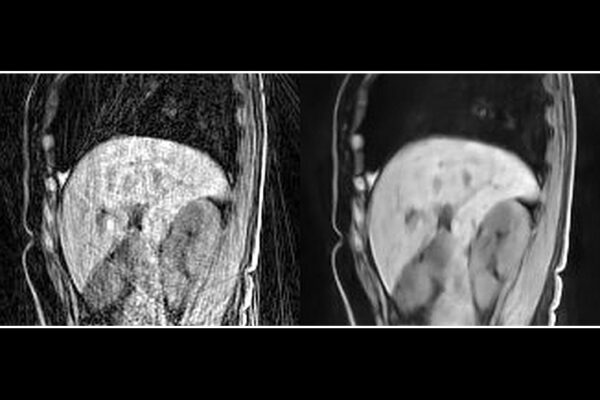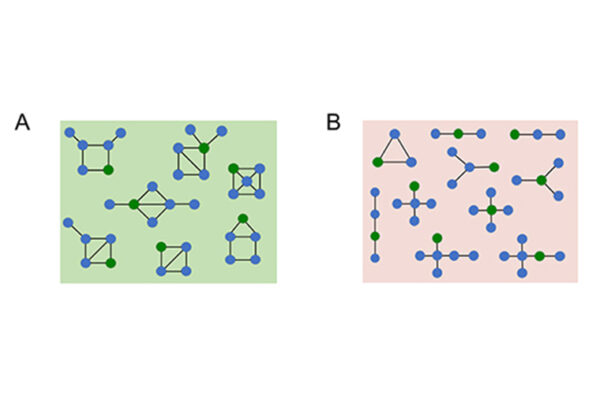Framework for evaluating AI-based medical imaging method outlined
As artificial intelligence becomes more incorporated into the medical field, rigorous evaluation of these methods is needed before they are introduced into clinical practice, a team led by Washington University researchers Abhinav Jha and Barry Siegel, MD, proposed.
New catalyst helps combine fuel cell, battery into one device
A team in the lab of Vijay Ramani at the McKelvey School of Engineering has developed a catalyst that can be used to both generate fuel and provide power.
Roell selected for DOE research program
McKelvey School of Engineering graduate student Garrett Roell has been accepted into the Office of Science Graduate Student Research program, a prestigious research opportunity funded by the U.S. Department of Energy’s Office of Science.
NSF funds $15M institute for discovery of new materials
Two McKelvey School of Engineering faculty members will develop machine learning in the service of discovering new materials.
PopSci names Ling one of its ‘Brilliant 10’
Popular Science magazine has named Fangqiong Ling at the McKelvey School of Engineering one of its “Brilliant 10,” highlighting her research studying microbes in water systems.
Engineering energy loss provides new features for light absorption
Lan Yang at the McKelvey School of Engineering, along with collaborators at Yale University, reveals new approaches to manipulating light absorption in optical resonators.
‘First-in-class’ tool for potential treatment of brain disorders
Biomedical engineer Hong Chen at the McKelvey School of Engineering will use a $2.1 million grant from the National Institutes of Health (NIH) to find noninvasive tools to treat the brain.
A more efficient way to find a more efficient battery
Research from the lab of Vijay Ramani at the McKelvey School of Engineering has the potential to speed up development of high-capacity storage batteries while spending less time in a lab.
New deep learning method boosts MRI results without requiring new data
Researchers from the McKelvey School of Engineering and the School of Medicine developed software to improve MRI images without the need for new hardware or data.
Distilling 70 years’ worth of data
Research from the lab of Jonathan Silva at the McKelvey School of Engineering leveraged computational models to analyze 70 years of arrhythmia-related data.
Older Stories

